April 23, 2024

In recent years, technological advancements have brought about remarkable changes in various sectors, and healthcare is no exception. One area where these advancements are making significant strides is in dermatology, the branch of medicine focused on the skin. With the integration of Artificial Intelligence (AI) technology, the process of detecting and diagnosing skin diseases has been revolutionized, offering immense benefits to both patients and healthcare providers.
Understanding Skin Diseases:
Before delving into the role of AI in skin disease detection, it's essential to understand the complexity of dermatological conditions. Skin diseases encompass a wide range of disorders, from common conditions like acne and eczema to more serious ailments such as melanoma, the deadliest form of skin cancer. Diagnosing these diseases accurately and in a timely manner is crucial for effective treatment and management.
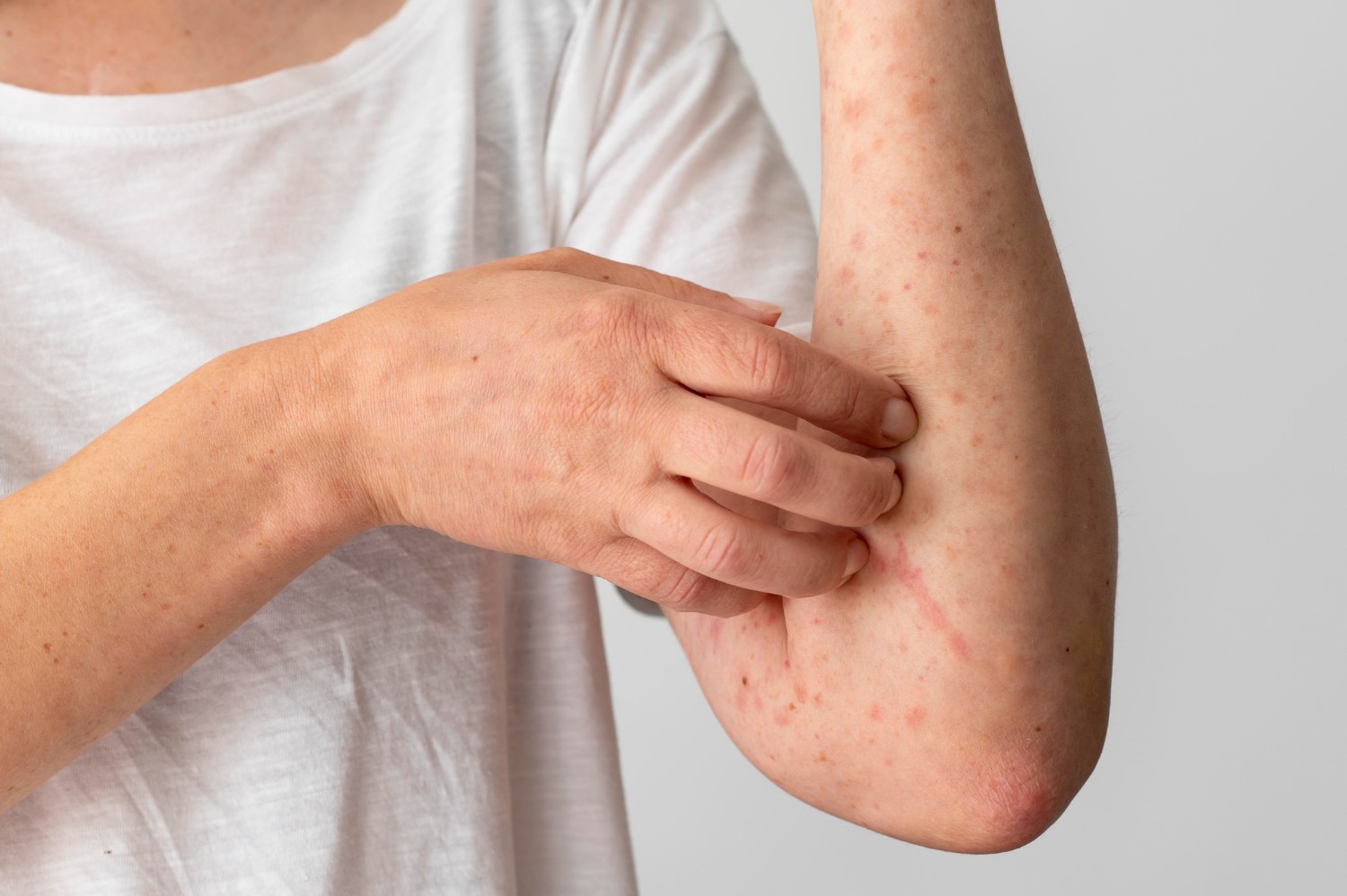
Challenges in Traditional Diagnosis:
Traditionally, dermatological diagnosis heavily relied on the expertise of dermatologists who visually examined skin lesions and made diagnostic decisions based on their experience and knowledge. However, this approach posed several challenges:

1. Subjectivity: Human interpretation of skin lesions can vary based on individual experience and expertise, leading to inconsistencies in diagnosis.
2. Time-consuming: Patients may be reluctant to take the time to see a doctor when they are too busy, or dermatologists may not have enough time to see patients when the number of people with skin diseases is increasing.
3. Accessibility: Access to dermatological expertise may be limited, particularly in rural or underserved areas, leading to disparities in healthcare delivery.
Enter AI-Powered Skin Disease Detection:
AI technology has emerged as a game-changer in the field of dermatology, offering solutions to the challenges faced by traditional diagnostic methods. Here's how AI is transforming skin disease detection:
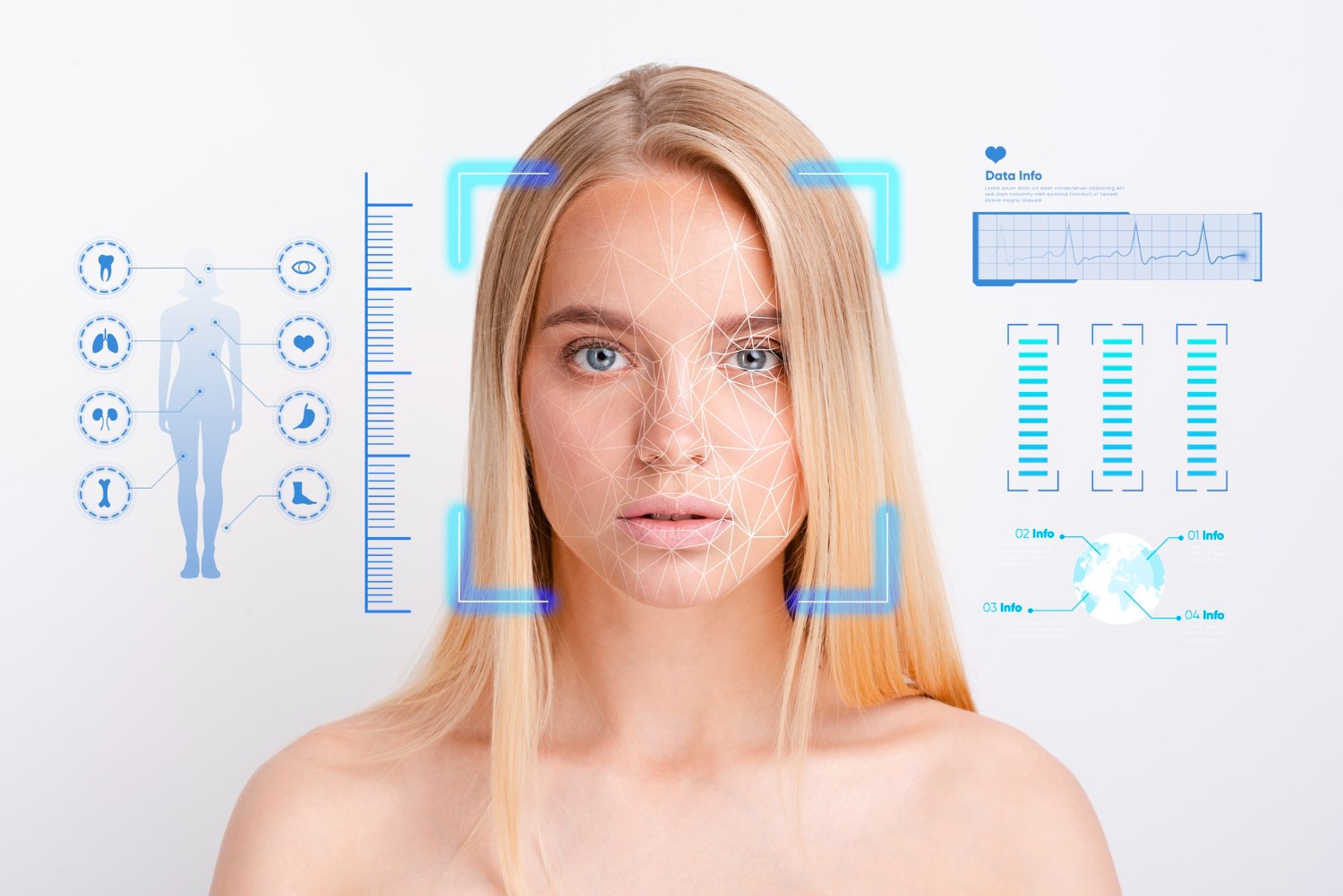
1. Automated Image Analysis: AI algorithms can analyze images of skin lesions with remarkable accuracy and efficiency. By training on vast datasets of labeled images, AI systems learn to recognize patterns indicative of various skin diseases, enabling rapid and reliable diagnosis.
2. Enhanced Accuracy: AI-powered systems can provide consistent and objective assessments, minimizing the risk of human error and improving diagnostic accuracy, especially in complex cases.
3. Timely Detection: With AI, skin disease detection can be expedited, allowing for early identification of potentially harmful conditions such as melanoma. Early detection significantly improves treatment outcomes and reduces morbidity and mortality rates.
4. Accessibility and Telemedicine: AI-driven diagnostic tools can be deployed via digital platforms, facilitating remote consultations and telemedicine services. This enhances accessibility to dermatological expertise, particularly for individuals in remote or underserved areas.
5. Support for Healthcare Providers: AI technology serves as a valuable tool for dermatologists, assisting them in making more informed diagnostic decisions and optimizing patient care pathways.
The Future of Dermatology:
As AI continues to evolve, its role in dermatology is expected to expand further. Innovations such as smartphone applications equipped with AI algorithms for skin lesion analysis are already being developed, promising to empower individuals to monitor their skin health conveniently.

However, it's essential to recognize that AI technology complements rather than replaces the expertise of dermatologists. Human oversight and clinical judgment remain indispensable in the diagnostic process.
In conclusion, the integration of AI technology in skin disease detection represents a significant advancement in healthcare. By leveraging the power of artificial intelligence, we can enhance diagnostic accuracy, improve patient outcomes, and ultimately, save lives. As we continue to harness the potential of AI, the future of dermatology looks brighter than ever before.
Related blog posts
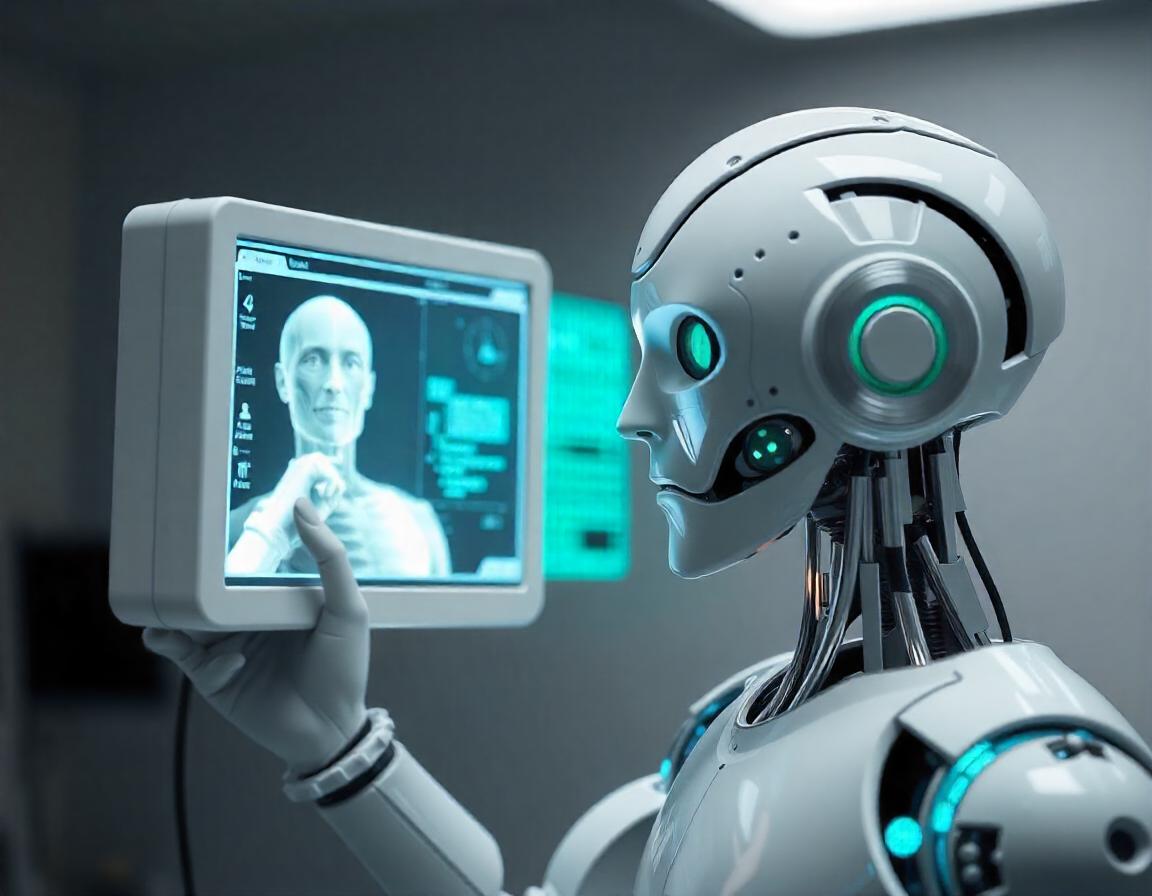
Dermatology
The Growing Role of AI in Healthcare
Artificial Intelligence (AI) has become an integral part of modern life, with its influence growing rapidly, especially in healthcare.
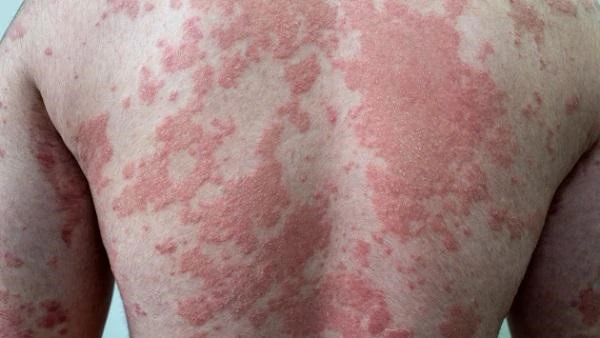
Dermatology
Understanding Psoriasis: Causes, Symptoms, and Treatment Options
Psoriasis is a chronic autoimmune skin condition that affects millions of people worldwide.
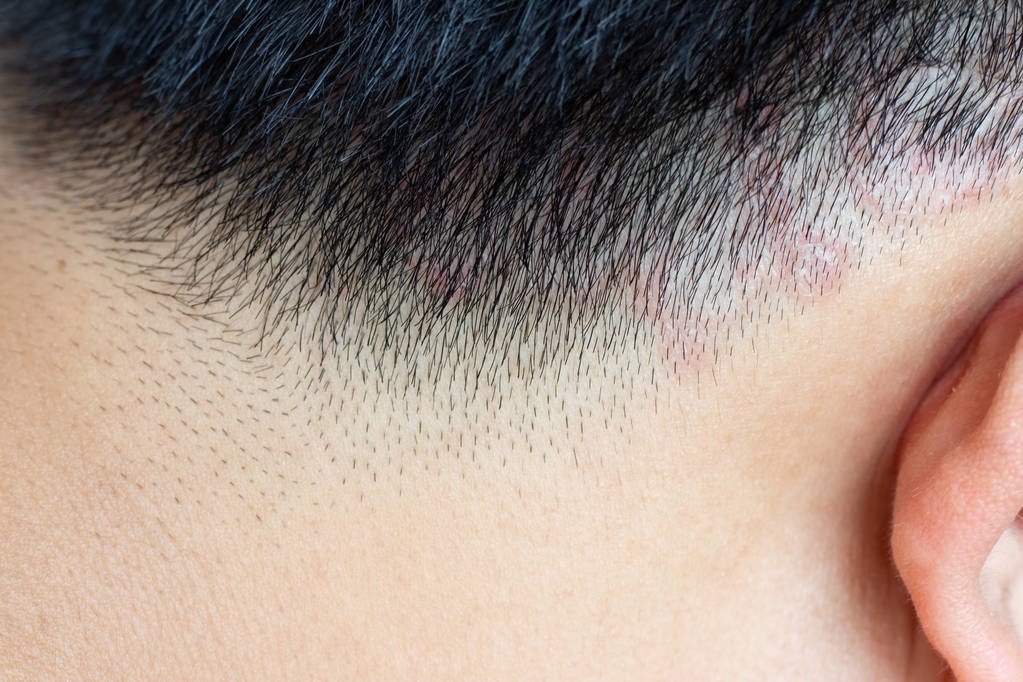
Dermatology
What is scalp ringworm?
Scalp ringworm is a fairly common skin condition. Let’s learn about scalp ringworm and how to treat it.